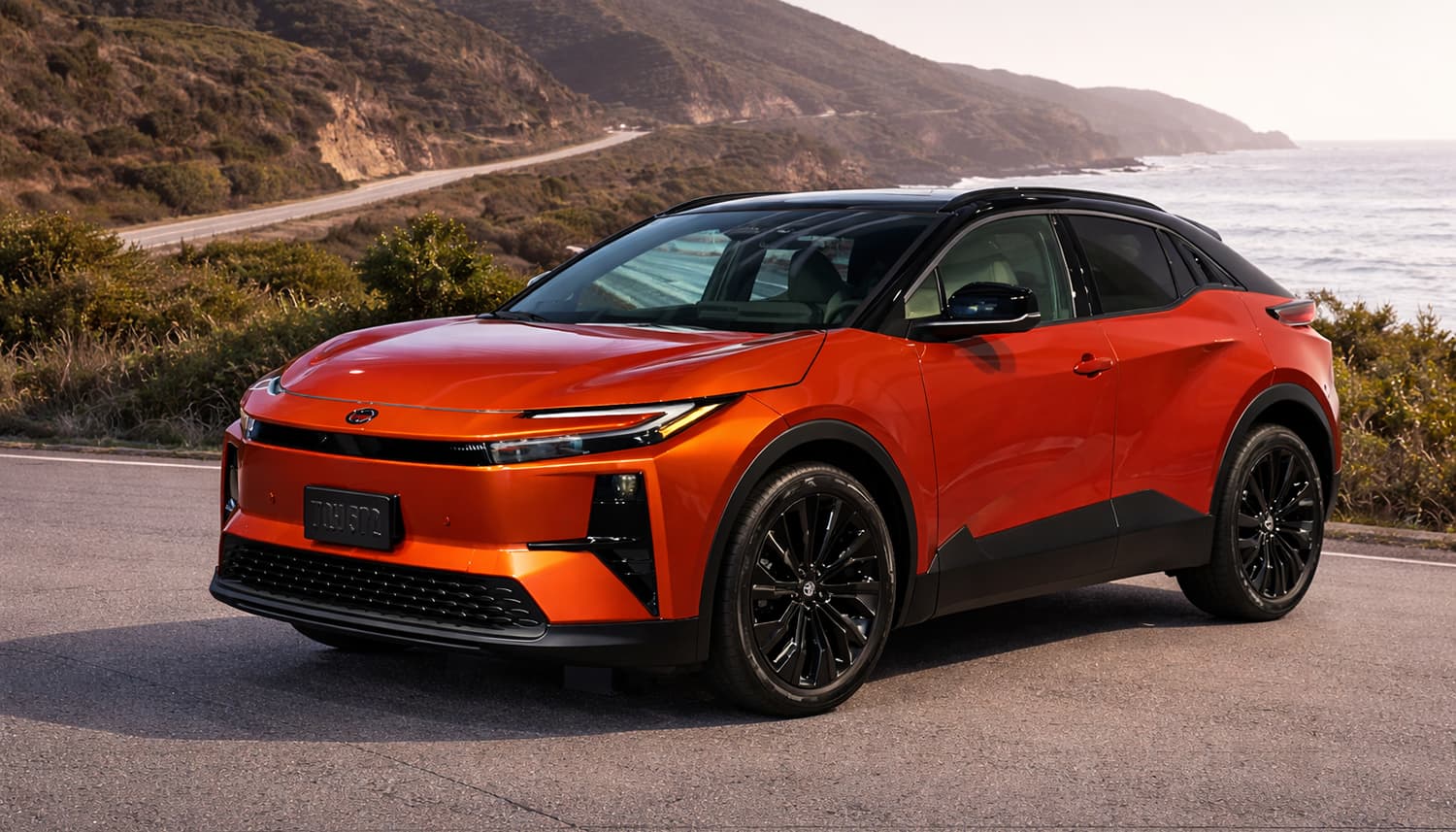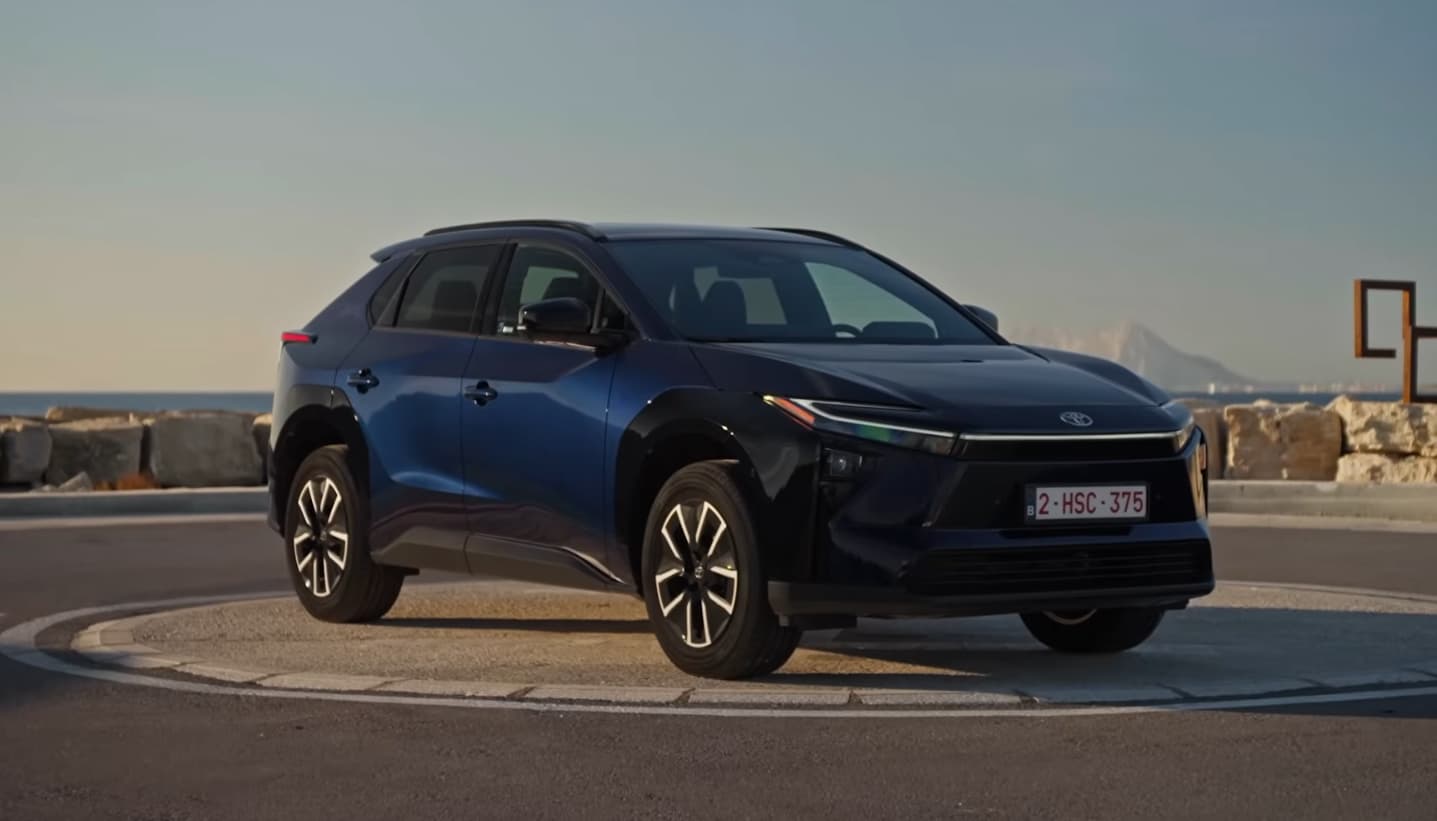Buying a used car can be a smart financial decision, offering significant savings over a new vehicle. However, the process requires careful planning, research, and awareness of regional differences. Each market has unique rules, pricing structures, and risks. This guide explores essential steps to help you navigate the complexities of buying a used car, ensuring you make a well-informed decision no matter where you are in the world.
Understanding Local Laws on Used Car Sales
Key Considerations Across Markets
- Ownership Transfer Regulations
- Most countries require specific documentation to transfer ownership of a used vehicle.
- For example, in the United States, a title transfer must be completed, often requiring a notary in certain states.
- In Ghana, buyers must visit the Driver and Vehicle Licensing Authority (DVLA) to formalize ownership changes.
- Vehicle Inspection Requirements
- Many countries mandate roadworthiness tests before a used car sale can be finalized.
- In the UK, the MOT (Ministry of Transport) test ensures the vehicle meets safety standards.
- Emission Standards
- Countries like Germany have strict emission regulations affecting the resale value of older vehicles.
- Taxes and Fees
- Sales tax, registration fees, and import duties can vary widely.
- In Nigeria, used car buyers often face import duties on vehicles brought from overseas, which significantly impacts pricing.
Tip
Research the specific legal requirements in your country before proceeding. Trusted sources like government websites or local automotive associations can provide up-to-date information.
Vehicle Inspection: A Checklist for Buyers
A thorough inspection is critical to avoid hidden problems. Here’s a detailed checklist:
1. Exterior
- Paint and Bodywork: Look for rust, dents, and mismatched paint, which could indicate previous repairs.
- Tires: Check tread depth and look for uneven wear, which could point to alignment issues.
- Windows and Lights: Inspect for cracks or fogging in windshields, headlights, and tail lights.
2. Interior
- Upholstery: Ensure seats and carpeting are free of stains and tears.
- Electronics: Test all buttons, switches, and the infotainment system.
- Air Conditioning and Heating: Check temperature control functionality.
3. Under the Hood
- Engine Condition: Look for leaks, worn belts, and unusual noises when the engine is running.
- Fluids: Inspect levels and cleanliness of oil, coolant, and brake fluid.
- Battery: Check for corrosion on terminals and verify the manufacturing date.
4. Test Drive
- Observe how the car accelerates, brakes, and handles. Listen for unusual noises like knocking or squealing.
For an expanded guide on vehicle inspections, visit Edmunds.com.
How to Verify Car History
The Importance of Vehicle History Reports
A vehicle history report is essential for uncovering potential red flags, such as accidents, previous ownership, or odometer fraud.
How to Obtain a Vehicle History Report
- VIN (Vehicle Identification Number)
- Use platforms like Carfax (North America) or AutoCheck to pull comprehensive reports.
- In Europe, HPI Check is widely used for UK-based vehicles.
- Maintenance Records
- A well-documented service history indicates proper care.
- Accident Reports
- Some countries, like Japan, provide detailed inspection certificates as part of the vehicle’s history.
- Ownership History
- Verify the number of previous owners to gauge how well the car has been maintained.
Regional Differences in Used Car Pricing and Availability
Factors Influencing Pricing
- Market Demand
- SUVs are highly sought after in markets like the USA and Ghana, driving up their prices.
- Electric vehicles (EVs) are more popular in Europe due to government incentives.
- Supply Chain Issues
- Global events like the chip shortage have impacted used car availability and pricing.
- Importation Costs
- In African countries, many used cars are imported, with costs passed on to buyers.
- In contrast, Japan’s local market offers high-quality used vehicles at affordable prices due to over-supply.
Where to Buy
- Dealerships
- Offer certified pre-owned options with warranties but at a premium price.
- Private Sellers
- Often cheaper but riskier due to limited legal recourse if issues arise.
- Online Platforms
- Websites like AutoTrader (USA) or Cars45 (Nigeria) provide a convenient way to compare listings.
Common Pitfalls to Avoid When Buying a Used Car
- Skipping the Inspection
- Neglecting a professional inspection can lead to costly repairs later.
- Ignoring Vehicle History
- Failing to verify accident or maintenance records increases the risk of buying a problematic car.
- Overlooking Hidden Costs
- Registration fees, taxes, and potential repairs can add to the total expense.
- Not Negotiating
- Always negotiate the price. Private sellers and dealerships alike often have room for flexibility.
- Focusing Solely on Price
- The cheapest car isn’t always the best deal if it requires frequent repairs.
Conclusion
Buying a used car requires diligence and research, but it can result in significant savings and satisfaction. By understanding local laws, conducting thorough inspections, verifying the car’s history, and staying informed about regional pricing trends, you can avoid pitfalls and make an informed purchase.
For more tips and advice, visit Kelley Blue Book or Carfax.






